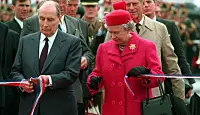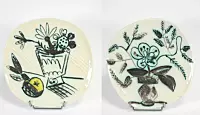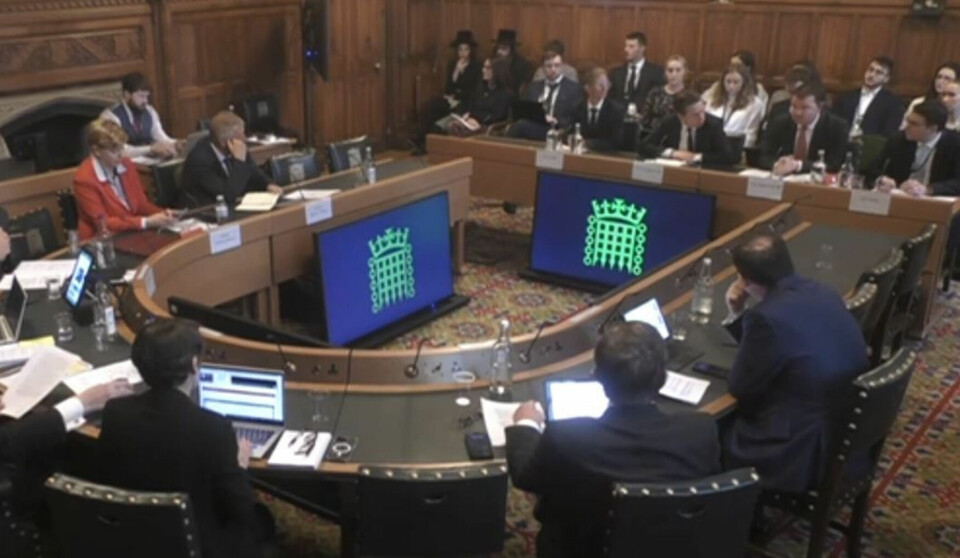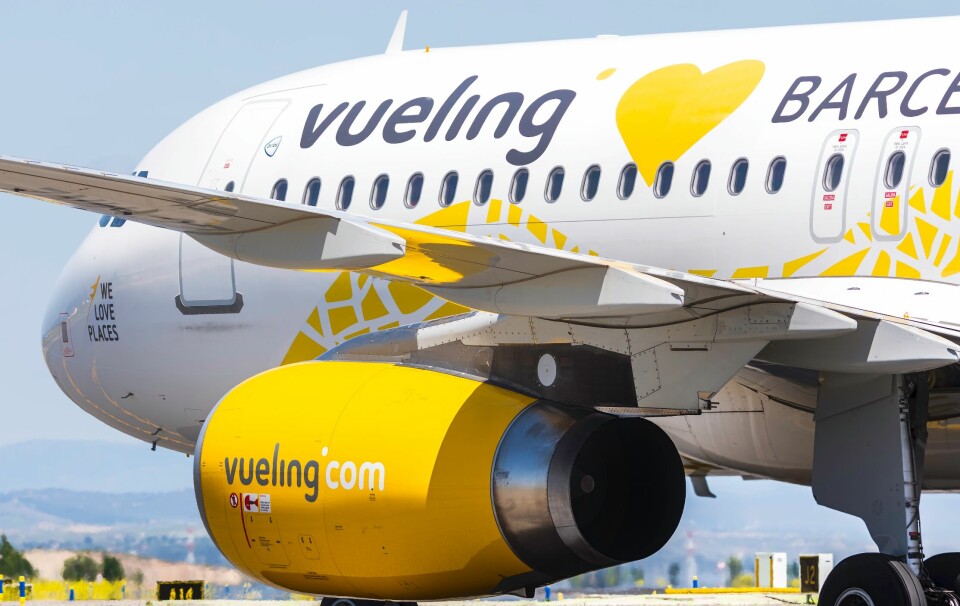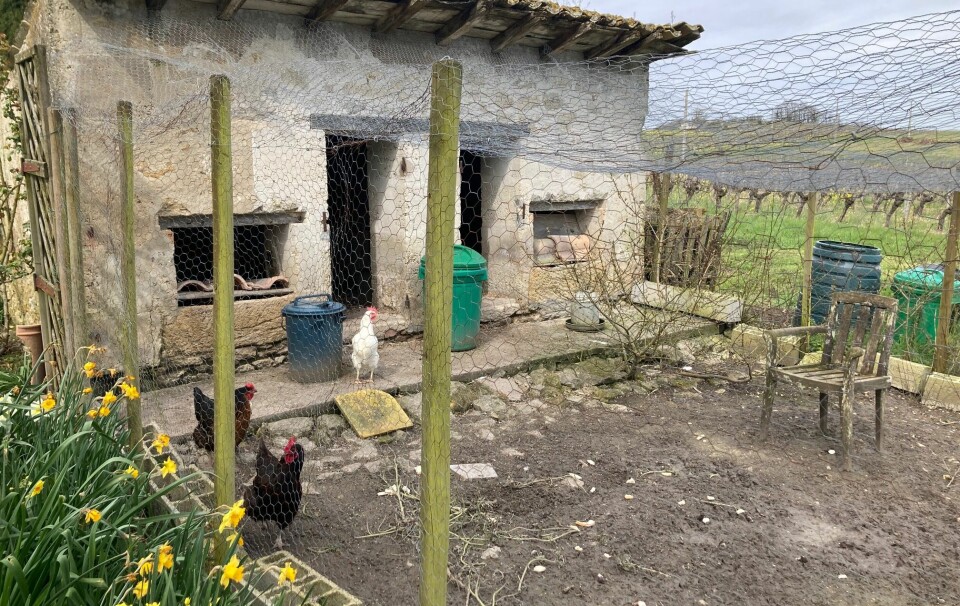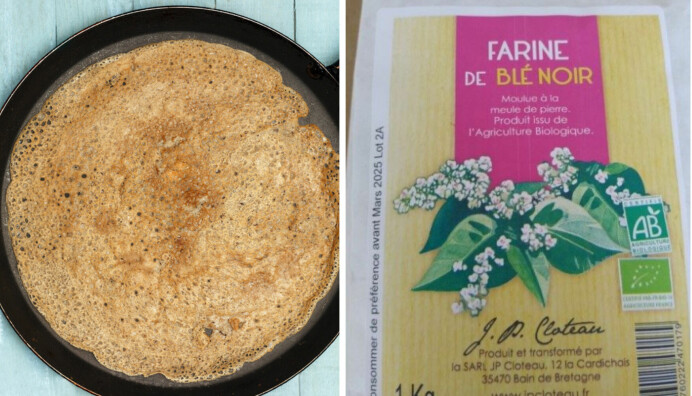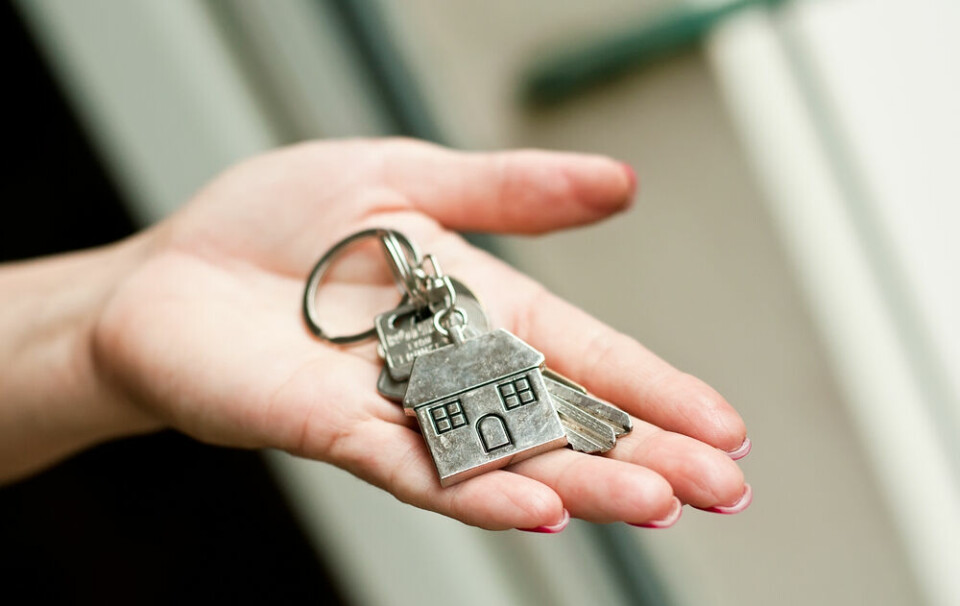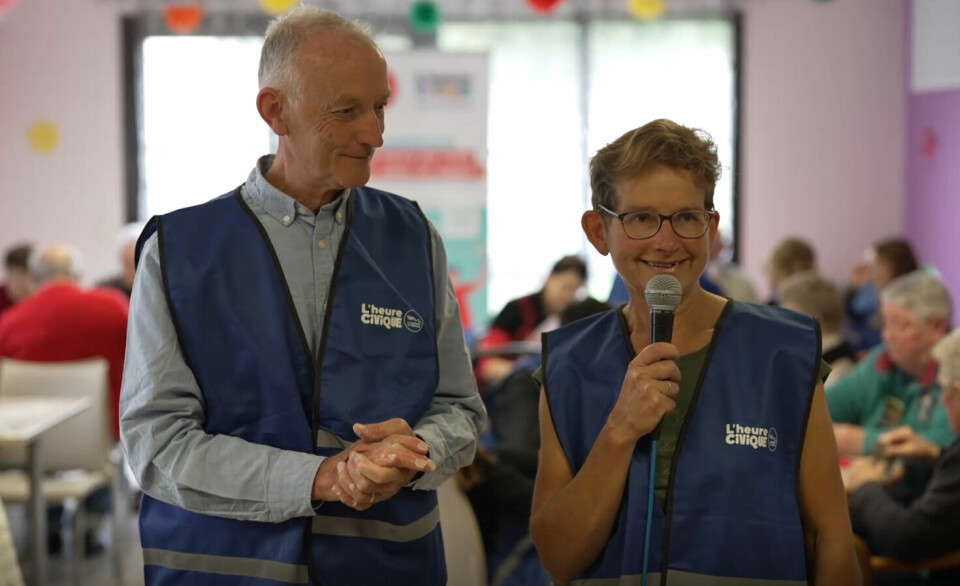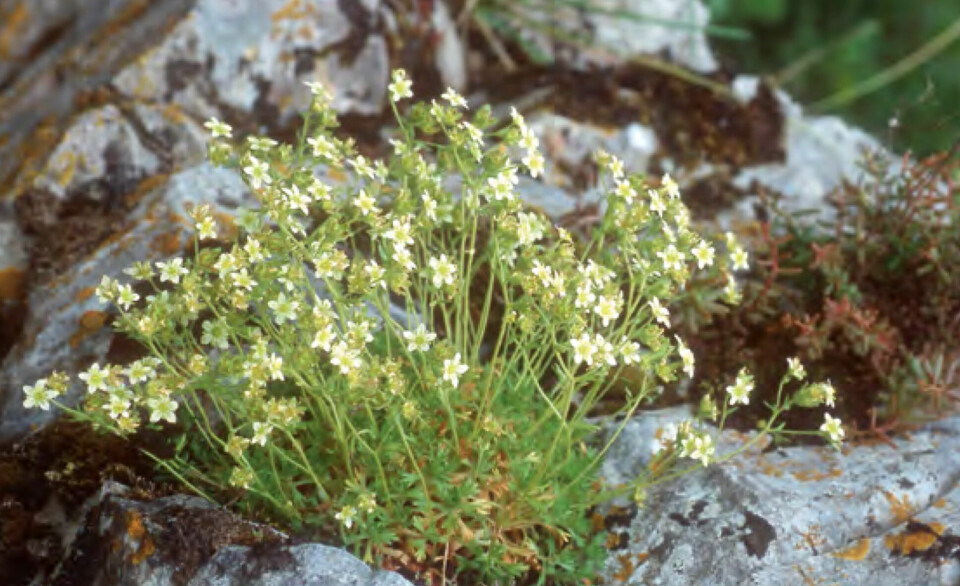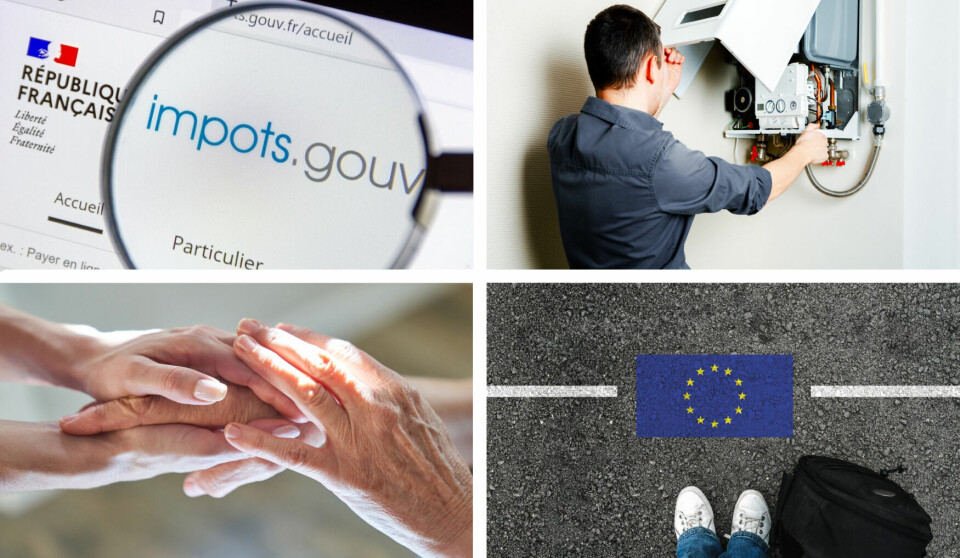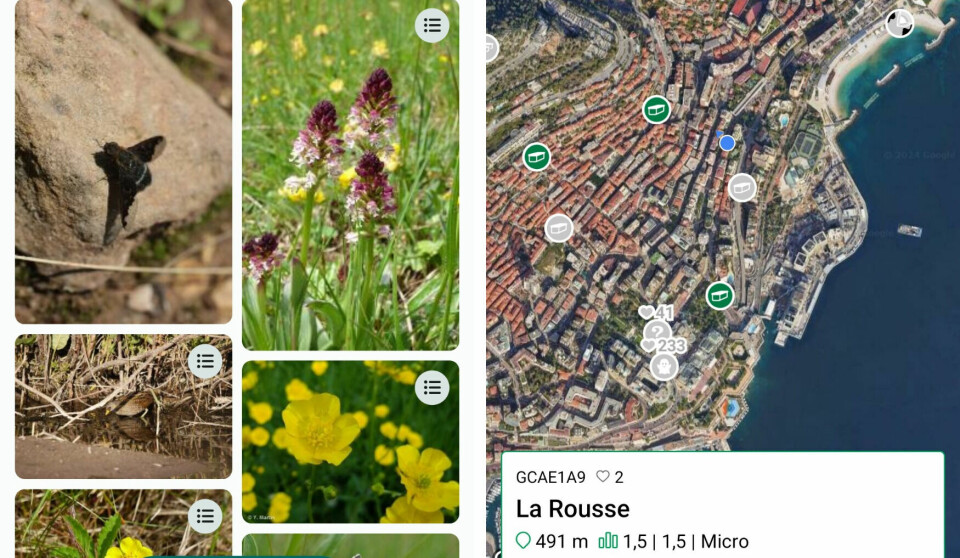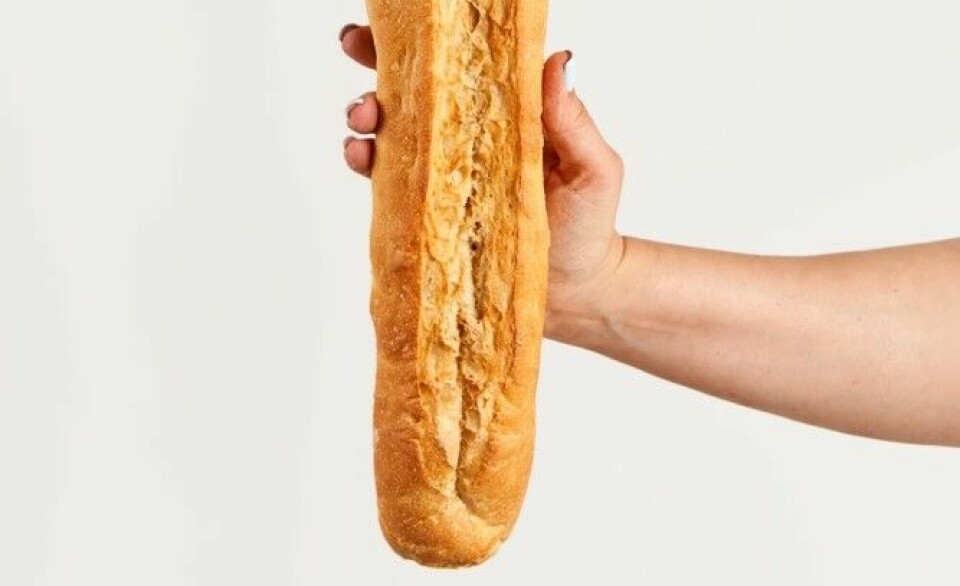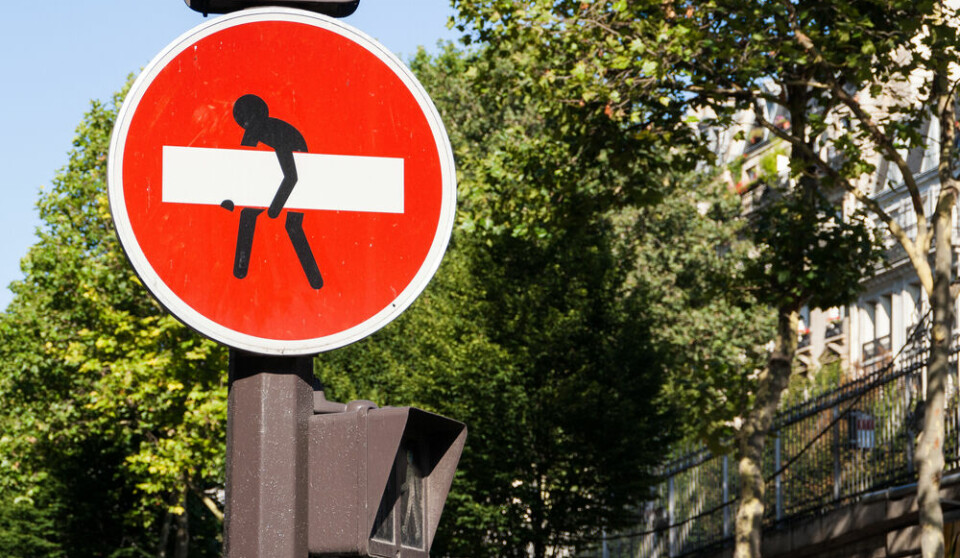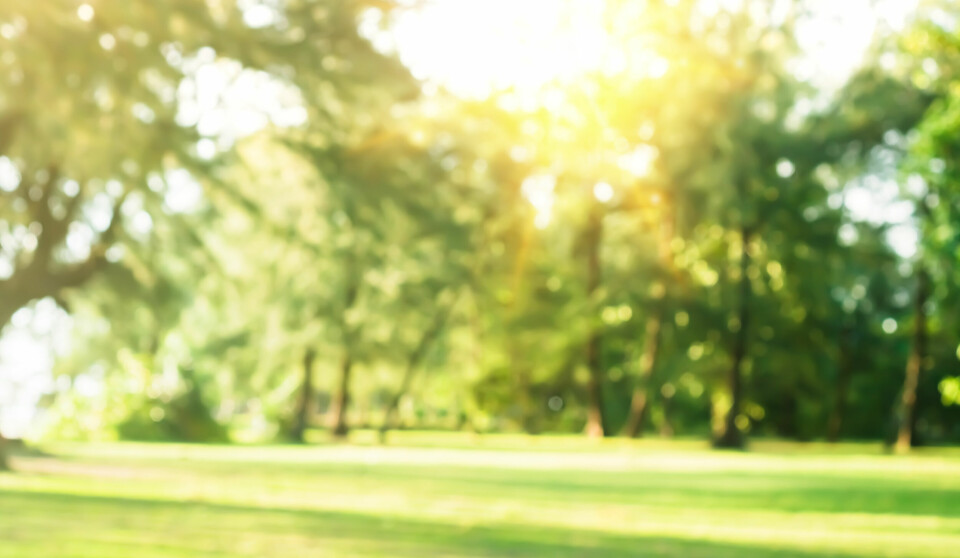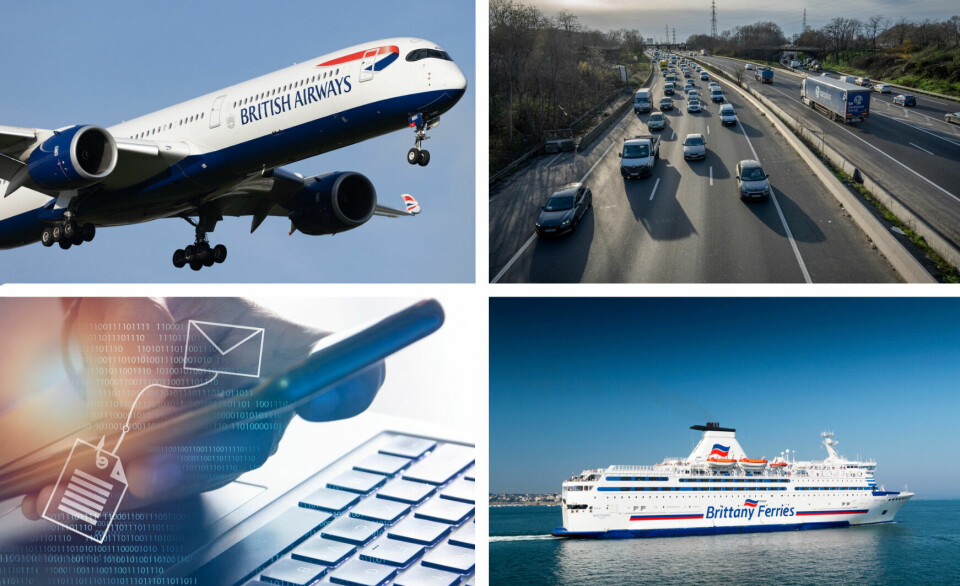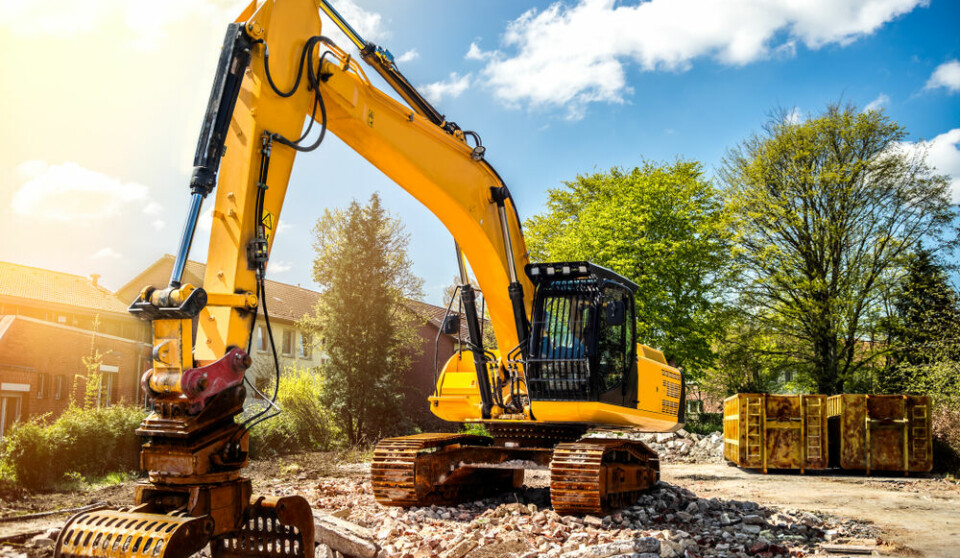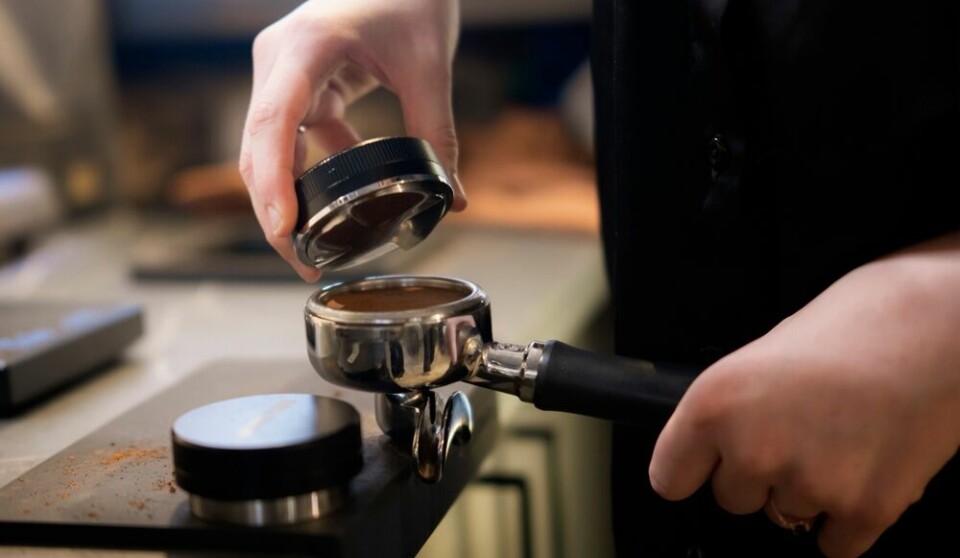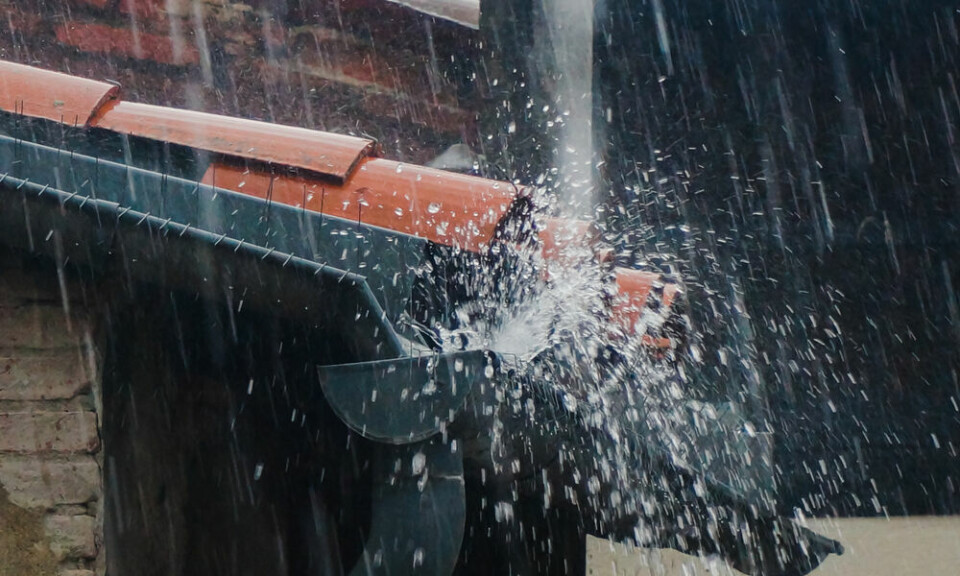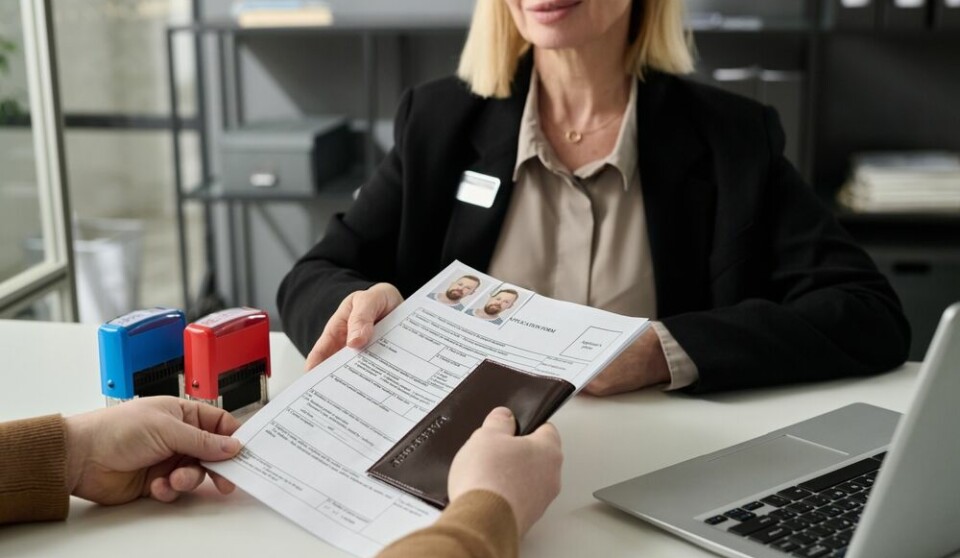-
Drunk Briton on wrong side of French road seriously injures student
‘French law cannot withdraw a foreign driving licence,’ said the examining magistrate
-
Channel Tunnel is 30 years old today
Technological wizardry, historic handshakes and catastrophe on the stock exchange mark the history of the Channel Tunnel
-
Couple buy Picasso plates for €4 at brocante - and sell for big profit
The two plates have now been sold at auction in France
Watchdog takes action over banned treatment of French mineral water
“Nobody, not even a multinational like Nestlé, is above the law,” it says
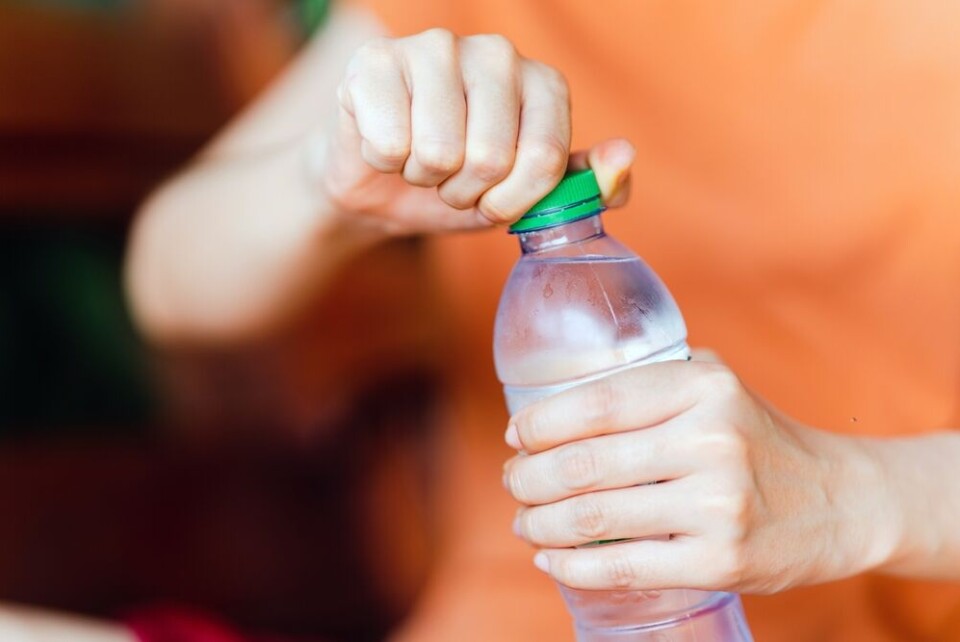
A food safety watchdog in France has launched a legal case against food giant Nestlé - which produces brands including Vittel and Perrier - after it was found to have illegally treated mineral water.
The NGO Foodwatch confirmed on February 21 that it had brought the case to the Paris judicial court.
The case will focus on nine alleged infractions to the European directive on mineral water, as well as to the public health and consumption codes, le Code de la consommation and le Code de la santé publique.
In the firing line are Nestlé Waters, alongside the Sources Alma group, for their use of various illegal disinfection methods to their water brands.
At the end of January this year, Nestlé Waters admitted that it had used banned water treatments on several brands of its water - Perrier, Vittel, Hépar, and Contrex - including ultraviolet cleaning and activated charcoal treatments.
Investigations and worker tip-off
The illegal actions came to light after an inquiry from Le Monde newspaper - and partners at Les Echos and Radio France - named iconic French brands including Perrier and Vittel. On January 29, Les Echos claimed that “for years, Nestlé infringed regulations on the maintenance of the safety of its water”.
Read more: Perrier, Vittel: French brands ‘illegally filtered contaminated water’
These treatments present no risk to health, and are often used on tap water, but the European Union bans their use on water that is sold as ‘natural mineral water’.
Nestlé said it had informed authorities of these practices from 2021, prompting the French government to launch an inquiry. This found that “almost 30% of commercial brands…undergo non-conforming treatments”.
Nestlé also - it is claimed - asked the government for permission to continue using these treatments, and suggested that the law be changed to allow the use of filters with a filtration capacity of less than 0.8 microns.
The government is also accused of failing to inform the courts or the European authorities, despite EU directives and French law stating that if a Member State has reason to believe a water does not comply it must immediately inform the commission. The government is accused of entering into negotiations with the water giant, rather than reporting their actions.
The claims began to emerge in 2020, when an anonymous worker at the Alma factory alleged the practices in a report submitted to the fraud and consumer office la Direction générale de la concurrence, de la consommation et de la répression des fraudes (DGCCRF).
The factory belongs to the Sources Alma group, which produces around 30 well-known water brands in France, including Cristaline, Santi-Yorre, Vichy Célestins, and Châteldon.
The DGCCRF found that the company appeared to be treating its water with non-compliant materials, including an injection of iron sulphate and industrial CO2, microfiltration below the authorised thresholds, and also mixing so-called ‘mineral’ or ‘spring’ water with water from the mains (tap water).
The public prosecutor on the case, Éric Neveu, in Cusset (Auvergne-Rhône-Alpes), opened a preliminary investigation on July 7, 2023. He told Le Monde and Radio France that “a judicial investigation could be opened for several offences involving deception”.
‘Massive fraud’
“Nobody, not even a multinational like Nestlé, is above the law,” said Ingrid Kragl, director of information at Foodwatch, in a statement. “That is why we are lodging a complaint today.
"This is a massive fraud for which Nestlé Waters, the Sources Alma group and the French government will have to answer,” it said.
Foodwatch has also sent a letter to the European Commission, denouncing “the complacency of France, which has been involved in this affair for several years and should have alerted the European authorities and the other Member States importing these waters”.
At the end of January, the public prosecutor's office in Épinal (Vosges) also announced the opening of a preliminary investigation into Nestlé Waters subsidiary for deception.
So far, in its defence, the Alma group has hit back by stating (in the present tense): “We do not use any non-compliant treatments”. Similarly, Nestlé Waters has claimed that its systems are now compliant.
Water rules in France
The Public Health Code mentions three types of bottled water:
- Natural mineral water, distinguished by its 'original purity' (such as Perrier, Vittel, Evian)
- Spring water (such as Cristaline)
- Water ‘made drinkable by treatment’
Natural mineral waters and spring waters are supposed to be protected from the risks of contamination and pollution because they are drawn from deep underground aquifers.
This means that legally, they can only be purified by a limited number of treatments, and the use of carbon filters or UV filters is banned. The filter threshold must not be less than 0.8 microns, and filtration must only be used on an ad-hoc basis to filter out minerals such as iron or manganese.
Natural mineral water is intended to be pure already so it should not require purification. These strict rules are among the reasons that people in France often have such faith in natural mineral water, which is 100 times more expensive than tap water, but is supposed to be ‘purer’, ‘healthier’ and ‘better for you’.
Related articles
Product recalls in France: Drain cleaner and bottled water
‘Check your water meter’: couple’s €2,700 bill for leak at French home
What is France's 'drought' website VigiEau?

